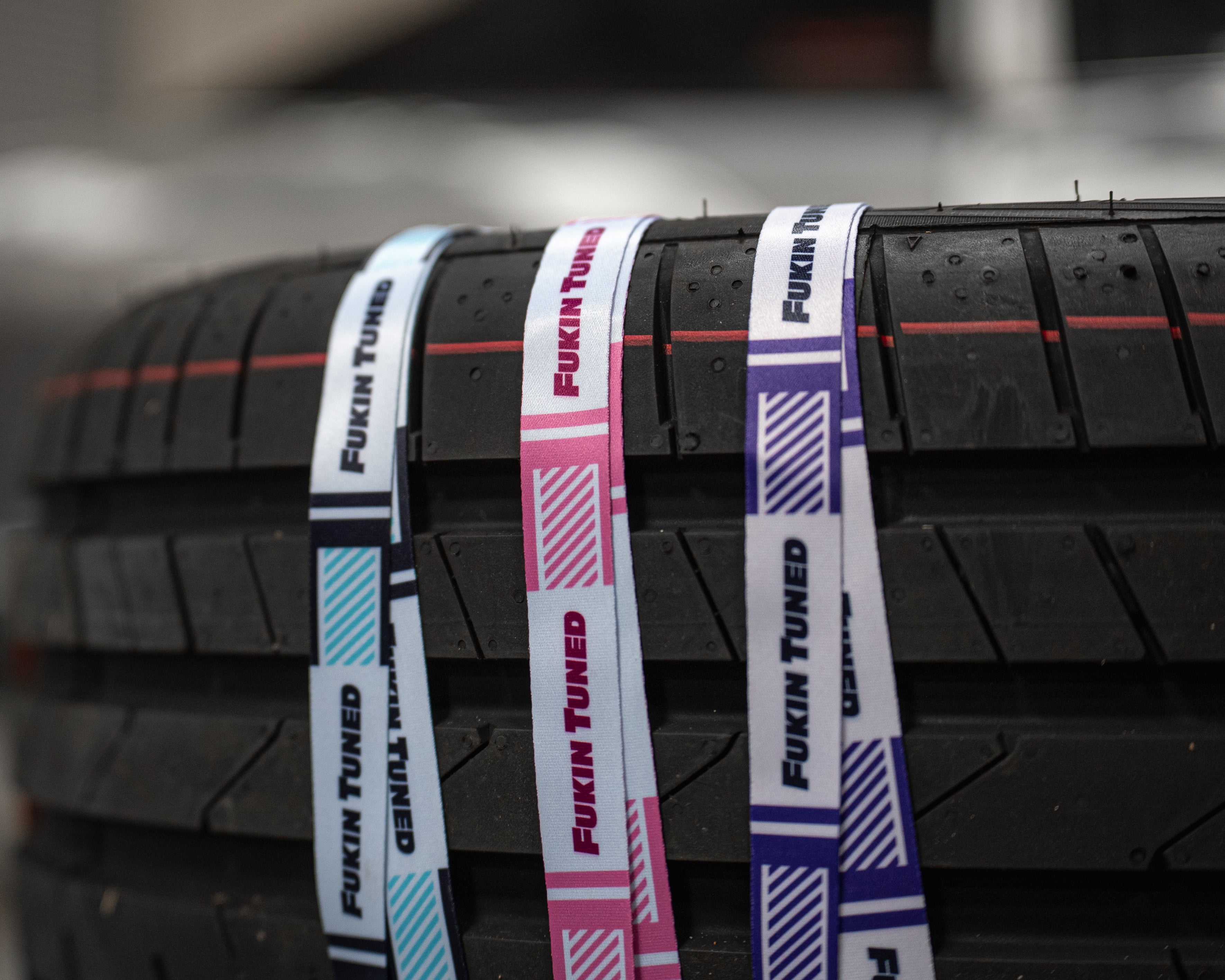Known for its reliability and seamless operation, the Honda Accord remains one of the most popular sedans on the road. However, even the most dependable vehicles require periodic checks and maintenance to ensure they continue to run efficiently and safely. When it comes to maintaining the value and performance of your Honda Accord, sticking to a regular maintenance schedule is essential. Regular maintenance not only extends the life of your vehicle but also ensures that your Accord remains a pleasure to drive, retaining its performance edge and comfort.
This guide will delve into the essential maintenance tips that every Honda Accord owner should know. From simple tasks like oil changes and tire rotations to more comprehensive checks at significant mileage milestones, understanding what needs to be done and when can save you from costly repairs in the future.
Whether you’re a new Honda owner or looking to keep your seasoned vehicle in top shape, follow along as we break down the critical maintenance steps that will help keep your Accord running smoothly for years to come. Let’s explore how simple upkeep and periodic professional checks can enhance your driving experience and safeguard your investment.
Overview of Honda Accord Maintenance Schedule
Maintaining your Honda Accord involves adhering to a structured maintenance schedule that ensures longevity and reliability. The maintenance intervals for the Honda Accord are specifically designed to keep your vehicle in optimal condition through regular inspections, fluid changes, and component checks. Typically, these intervals are set at every 7,500 miles, but the schedule can vary slightly depending on your specific model year and the car’s usage conditions.
Following the Honda Accord maintenance schedule helps in the early detection of potential issues, preventing them from evolving into serious problems that could lead to expensive repairs. Regular check-ups also ensure that your car meets safety standards, performs well in terms of fuel efficiency, and retains its value over time. Adhering to this schedule is not just about fixing problems but is a proactive approach to vehicle care, ensuring your Accord performs at its best while avoiding the pitfalls of neglect.
Routine Maintenance Every 7,500 Miles
At every 7,500-mile interval, your Honda Accord should undergo several routine maintenance tasks that are key to its continued health and efficiency. First and foremost among these is the oil change. Regular oil changes are vital as they ensure your engine is lubricated and running smoothly. Old or dirty oil can lead to increased friction, overheating, and, ultimately, engine damage. Additionally, you should change your oil filter with every oil change; if not replaced, it may not function effectively, allowing contaminated oil to circulate back into the engine.
Another crucial routine task is tire rotation. This process involves moving the tires to different positions on the vehicle, promoting even tire wear. Even wear helps extend the lifespan of your tires, maintains good traction, and improves safety. Regular tire rotations can also help keep your vehicle’s handling balanced and prevent alignment issues.
Besides these, a basic vehicle inspection during every service interval should include checks on all fluid levels – including brake fluid, coolant, and power steering fluid. Inspecting these fluid levels ensures no leaks and fluids are topped up to the required levels. This inspection should also cover brake pads and rotors, ensuring they are in good condition to guarantee effective braking performance.
Keeping up with these basic maintenance tasks at each 7,500-mile interval will help ensure that your Honda Accord remains reliable, safe, and enjoyable to drive while also mitigating the risk of more significant and costly issues down the road.
Comprehensive Checks Every 15,000 to 30,000 Miles
As your Honda Accord reaches the 15,000-mile mark and again at 30,000 miles, it's crucial to undertake more thorough inspections and replacements to ensure the vehicle's systems function optimally. At these intervals, your maintenance routine should expand to include several critical checks beyond the standard oil change and tire rotation.
At 15,000 miles, your Honda Accord should undergo the following:
- Replace Engine Oil and Rotate Tires: Continue with these regular maintenance tasks to ensure engine health and tire longevity.
- Replace Engine Oil Filter: Changing the oil filter at this stage helps remove any contaminants that could clog the filter, ensuring clean oil circulates within the engine.
- Inspect Front and Rear Brakes: Check for wear on brake pads and discs and ensure all components function correctly. This is crucial for your safety and may prevent more costly repairs if issues are caught early.
- Check Parking Brake Adjustment: Ensure the brake engages and releases correctly and adjusts if necessary.
- Inspect Tie Rods/Steering Gearbox and Boots: Look for any signs of wear or damage which could affect the vehicle's steering and overall safety.
- Inspect Suspension Components: Check for signs of wear or damage in the suspension system, which could impact comfort and handling.
- Inspect Driveshaft Boots: These should be checked for cracks or leaks, which could lead to further complications if left unaddressed.
- Inspect Brake Hoses and Lines: Ensure no leaks or damage could compromise the braking system.
- Check All Fluid Levels/Conditions/Leaks: This includes transmission fluid, coolant, power steering fluid, and brake fluid, ensuring they are at the correct levels and uncontaminated.
- Inspect Cooling System Hoses and Connections: Check for leaks or wear that could lead to overheating.
- Inspect Exhaust System and Fuel Lines: Look for any signs of corrosion, damage, or leaks.
At 30,000 miles, perform the following:
- Check PCV Valve: Any issues with the PCV valve can affect engine efficiency and performance.
- Replace Air Cleaner Element: This helps ensure your engine is not starved of air, which could impact performance and fuel efficiency.
- Replace Spark Plugs: Worn or faulty spark plugs can cause engine misfiring and reduced performance.
- Inspect and Adjust Drive Belts: Ensure that the drive belts are not excessively worn, cracked, or slack, as these are vital for running the alternator, air conditioner, and other components.
These comprehensive checks are designed to ensure all major systems of your Honda Accord are in good working order, reducing the likelihood of unexpected breakdowns and repairs. Maintaining vigilance with these inspections can extend the life of your car and enhance your driving experience.
Preparing for High Mileage - 60,000 Miles and Beyond
As your Honda Accord crosses into high mileage territory, starting at 60,000 miles and repeating every 30,000 miles after that, it's essential to prepare for the vehicle's aging process by being proactive about maintenance. During these inspections, focus not only on repeating previous checks but also on replacing components that are critical to the vehicle's longevity.
At each of these milestones, ensure to:
- Replace Coolant and Brake Fluid: These fluids degrade over time, and fresh fluids will ensure optimal performance and prevent corrosion and overheating.
- Repeat All Previous Inspections and Replacements: This includes everything from oil changes to spark plug replacements, ensuring everything is noticed.
- Inspect and Possibly Replace the Timing Belt: If your model has a timing belt, replacing it before it fails is crucial to avoid severe engine damage.
- Check the Battery: Battery capacity decreases over time, so testing and possibly replacing the battery can prevent starting issues.
- Inspect the HVAC System: Ensure the heating, ventilation, and air conditioning system works efficiently, as comfort is key, especially in extreme weather conditions.
Preparing for High Mileage - 90,000 Miles and Beyond
As your Honda Accord approaches and surpasses the 90,000-mile mark, focusing on critical fluid replacements becomes essential for maintaining its performance and preventing mechanical failures. At this stage, replacing brake fluid and transmission fluid is crucial. These fluids play vital roles in the safe and smooth operation of your car:
- Brake Fluid Replacement: Over time, brake fluid can absorb moisture, decreasing braking efficiency and potentially corrode the braking system components. Fresh brake fluid ensures optimal braking performance and safety.
- Transmission Fluid Change: Transmission fluid is a lubricant and coolant for the moving parts inside your transmission. Replacing this fluid at recommended intervals prevents wear and tear, overheating, and helps avoid costly transmission repairs down the line.
DIY Maintenance Tips
For Honda Accord owners interested in maintaining their vehicle between professional services, here are some DIY maintenance tips that are easy to perform and can help keep your car in top condition:
- Checking Oil Levels: Regularly check your engine oil level to ensure your engine is properly lubricated. This can prevent engine damage and maintain efficiency.
- Tire Pressure and Tread: Maintain proper tire pressure to ensure safety, optimal tire wear, and fuel efficiency. Additionally, check your tire tread regularly to determine when it’s time for replacement.
- Replacing Air Filters: Change your engine air filter and cabin air filter at home to improve air quality inside your vehicle and ensure your engine is not starved of air, which can reduce performance.
These simple tasks can be done in your garage or driveway and can significantly impact the longevity and reliability of your Accord.
When to Seek Professional Help
While many maintenance tasks can be handled on your own, certain situations require the expertise of a professional mechanic:
- Suspension Issues: If you notice uneven tire wear, or if your Accord starts pulling to one side or the ride becomes unusually harsh, it may be time to have your suspension checked by a professional.
- Electronic Malfunctions: Modern vehicles, including the Honda Accord, have complex electronic systems. If you experience issues with your car’s electronics, such as dashboard warnings or malfunctioning controls, it’s best to consult a professional.
- Major Repairs: For significant repairs, such as engine rebuilds or transmission problems, professional skills and tools are required to ensure the job is done correctly.









